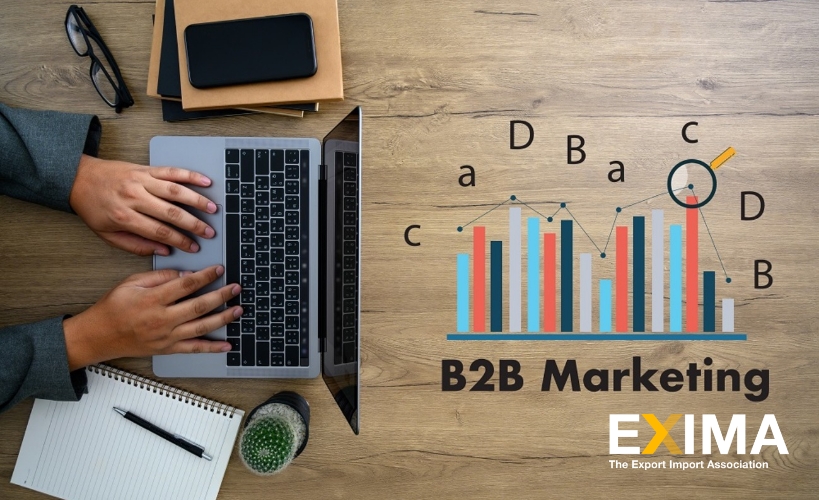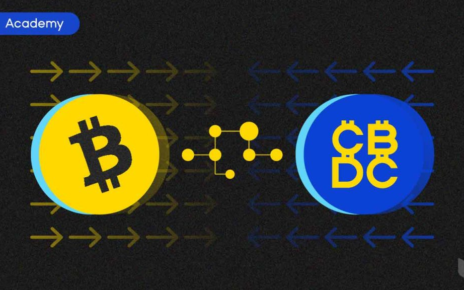Innovation has increased at a remarkable rate in the last two – chaotic – years. In 2022, the economy’s digital transformation and rise of e-commerce will continue to accelerate. According to current data, similar changes will also influence how B2B organizations approach marketing in the future.

New Lead Generation Channels
The global pandemic has had a significant impact on how B2B companies generate leads. To begin, with most in-person events being canceled, some businesses have shifted to online events, while others simply chose to postpone or cancel and shift to other lead generation channels, such as social media, which appears to be particularly emerging in this regard and is expected to become more widely used by B2B marketers throughout 2022.
Remote or Digital Interaction with Vendors
In 2022, mobile and digital advertising will become more central to B2B marketing strategies. B2B buyers and decision-makers are increasingly preferring remote or digital interaction with vendors, and by 2025, many marketers will likely shift to a “digital first” approach that prioritizes mobile advertising and content over offline and more traditional strategies.
Stronger Focus on Customer Psychology and Personalized Content
The individual psychology of buyers and decision makers is becoming more and more important in B2B marketing as well. Focus is shifting from topic-driven to persona-driven strategies. Many B2B marketers are now more interested in highly targeted and personalized strategies, focusing on the specific demands, desires, and interests of their client personas to create more effective commercials, events, and, most importantly, content.
Top-Quality Content Is a Must
In recent years, online resource centers, blogs, content hubs, and more have become essential tools for B2B marketing. To remain successful in 2022, all content must be of the highest quality, and unique research is expected to gain momentum in marketing efforts.
Better Customer Engagement through Innovation
In some cases, new cutting-edge technology and a stronger focus on psychology may also lead to the growing use of high-tech advertisements to better engage potential purchasers. For example, in 2022, we can expect to see more AI, chatbots, and AMP emails to deliver improved customer service, personalization, and interactivity.
All these adjustments are also due to the rise of millennials in decision-making roles, as well as a smart-working reality accelerated by the pandemic. To effectively reach their target audiences in 2022 and beyond, businesses must adapt to a market where buyers are more interested in digital channels and personalized content, and they must be prepared to welcome impending changes.

Leverage EXIMA to Achieve Success
EXIMA knows how important it is for businesses to stay up-to-date with current news. Subscribe to our newsletter today and get all the latest information!
 пиши статьи за деньги
пиши статьи за деньги 

 :
:
